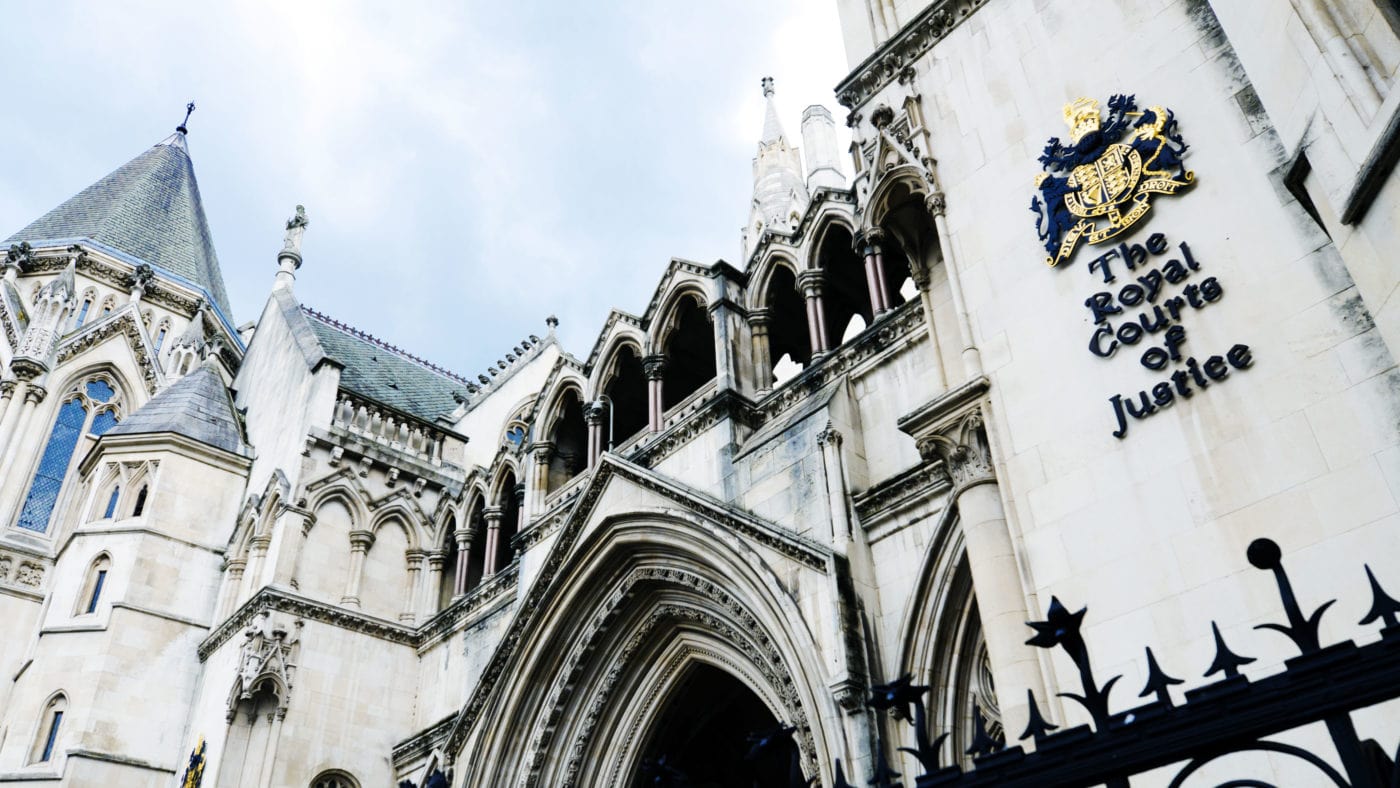As barristers in England and Wales agreed to end their strike action last month, there are promising signs that the criminal justice system is starting to get moving again. But with the barristers’ strike having lasted since April and a Crown Court backlog nearing 60,000 cases, many victims of sexual violence are facing traumatising delays to their cases, with little hope of securing justice for the crimes committed against them.
As the new Secretary of State for Justice, Dominic Raab must tackle the crisis in the courts and the issue of invasive rape investigations in order to help victims and survivors of sexual abuse.
The Crown Court case backlog needs to be resolved as a matter of urgency. There are currently 1,350 outstanding rape cases in the Crown Court. Almost a quarter of those have been outstanding for more than a year. Rape victims now have to wait, on average, two years and four months from the time of the offence until the completion of their court case.
As a result of the barristers’ strike, court case delays have only gotten worse. With some trials now being scheduled for 2024 and victims having to put their lives on hold whilst they wait for their court dates, we are likely to see growing numbers drop out of prosecutions due to the agonisingly long wait for justice.
Another huge issue is the extremely invasive investigative process victims have to undergo when they report sexual violence to the police. Instead of focusing on the history and behaviour of the suspect, the police frequently demand large amounts of intimate, personal evidence from the victim in order to build their case. This includes the police asking to access victims’ digital data from their mobile phones, confidential records held about them by their school, university or workplaces and medical records, including records of any counselling or therapy they may have had.
If the contents are relevant, they may then be disclosed, with appropriate redactions, for the investigation and defence teams to scrutinise. This deters many victims from pursuing their complaints out of fear that what they confidentially said during therapy will be made public and used against them in court to challenge their credibility.
As a result, many victims feel it is against their best interests to continue with their case, given the excessive evidence disclosure requests they are subject to throughout the investigation. This is why establishing suspect-focused rape investigations, which the police and Crown Prosecution Service are working on through Operation Soteria, is crucial so that victims no longer feel like they are the ones under intense scrutiny.
During the Conservative leadership contest this summer, Rishi Sunak declared that ‘sexual violence against women and girls should be treated as a national emergency until it has been defeated’. In this vein, he proposed to make ‘downblousing’ a criminal offence and to introduce a major crackdown on grooming gangs. Whilst sensible ideas, it would be wiser for the new PM and Secretary of State for Justice to focus on solving the existing problems with the Crown Court case backlog and the invasive investigation processes for sexual violence crimes if they are serious about tackling violence against women and girls
Click here to subscribe to our daily briefing – the best pieces from CapX and across the web.
CapX depends on the generosity of its readers. If you value what we do, please consider making a donation.


